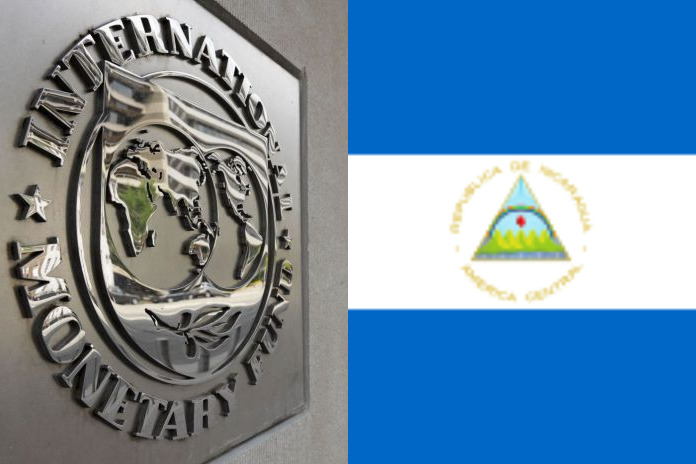WASHINGTON, USA – The executive board of the International Monetary Fund (IMF) concluded the Article IV consultation with Nicaragua.
Prudent macroeconomic policies, substantial pre-crisis buffers (primarily government deposits) and official external financial assistance helped Nicaragua’s economy rebound from a protracted contraction during 2018-2020, caused by the socio-political crisis of 2018, two major hurricanes in 2020, and the pandemic. Real GDP grew by 10.3 percent in 2021 and is projected to have grown by 4 percent in 2022, supported by external demand, remittances, and high prices for commodity exports. Gross international reserves have doubled since end-2018 (to over US$4 billion; about 6 months of imports, excluding maquila). Bank deposits are growing, reaching the pre-crisis level (in Córdobas).
Real GDP growth is expected to moderate to 3 percent in 2023, due mainly to the global slowdown. Inflation – which reached 11.4 percent in November 2022, primarily due to import price increases – is projected to decline in 2023 in line with lower growth and an expected significant decline in global inflation.
In the medium-term, real GDP is expected to grow by about 3½ percent, below the pre-crisis historical average, as credit to the private sector and private investment cautiously recover. The favorable outlook is subject to uncertainty and risks on the downside, primarily due to external developments, natural disasters, or a deterioration in the business climate and stricter international sanctions.
Executive board assessment
Executive directors agreed with the thrust of the staff appraisal. They noted the strong economic recovery and favourable outlook. Directors welcomed the authorities’ commitment to continued prudent policies to strengthen policy buffers, economic growth, and resilience, given downside risks and vulnerabilities to natural disasters. They underscored the need for further efforts to improve the business climate, transparency, and governance.
Directors called for strengthening medium-term fiscal consolidation to safeguard fiscal sustainability and external stability. This would require streamlining other current expenditures, improving the targeting of subsidies and unwinding crisis-related spending measures while preserving adequate social spending and reducing poverty, addressing imbalances in the social security system and state-owned enterprises (SOEs), and strengthening domestic revenue mobilization.
Directors underscored the need to continue raising the reference interest rate to maintain the interest-rate differential with the US, consistent with the crawling exchange rate peg regime and financial and external stability.
Directors welcomed the sound banking sector capital and liquidity buffers and called for further strengthening the financial sector by increasing provisions for distressed assets, preserving sound lending practices as credit rebounds, enhancing the crisis preparedness framework, and expanding the prudential supervisory perimeter.
Directors welcomed the improvements in the AML/CFT framework and Nicaragua’s recent exit from the FATF grey list. They encouraged the authorities to strengthen the effectiveness of the framework further, including in the non-profit sector.
Directors welcomed recent steps toward increasing fiscal transparency. They commended the authorities for publishing their first fiscal risks report and the first external audit report on the use of COVID-19 funds. Directors also encouraged the authorities to publish all audit reports and financial statements of state-owned enterprises.
Directors noted the steps taken to enhance governance and anticorruption frameworks, but stressed the need for further efforts to address remaining shortcomings. They emphasized the need to strengthen the asset declaration regime for public officials and prioritize reviews of politically exposed persons to strengthen anti-corruption efforts. They also recommended ensuring whistleblower protection, fair and impartial access to the court system and to recourse in legal proceedings, to support property rights, contract enforcement, and investment protection.
Directors welcomed the authorities’ commitment to improve the quality and consistency of statistics, building on Fund technical assistance recommendations.





